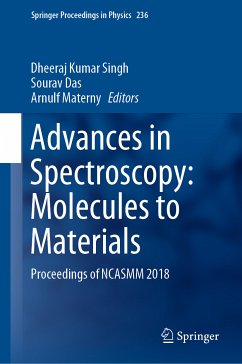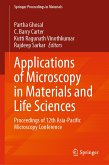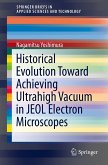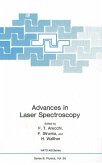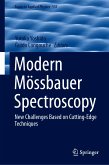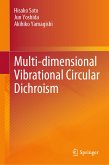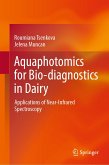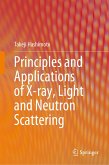This book presents and discusses recent developments in the broad field of spectroscopy, providing the reader with an updated overview. The main objective is to introduce them to recent innovations and current trends in spectroscopy applied to molecules and materials. The book also brings together experimentalists and theoreticians to highlight the multidimensional aspects of spectroscopy and discuss the latest issues. Accordingly, it provides insights not only into the general goals of spectroscopy, but also into how the various spectroscopic techniques represent a toolbox that can be used to gain a more detailed understanding of molecular systems and complex chemical problems. Besides technical aspects, basic theoretical interpretations of spectroscopic results are also presented.
The spectroscopy techniques discussed include UV-visible absorption spectroscopy, Raman spectroscopy, IR absorption spectroscopy, fluorescence spectroscopy, and time-resolved spectroscopy. In turn, basic tools like lasers and theoretical modeling approaches are also presented. Lastly, applications for the characterization of fundamental properties of molecules (environmental aspects, biomolecules, pharmaceutical drugs, hazardous molecules, etc.) and materials (nanomaterials, nuclear chemistry materials, biomaterials, etc.) are discussed. Given its scope, the book offers a valuable resource for researchers from various branches of science, and presents new techniques that can be applied to their specific problems.
The spectroscopy techniques discussed include UV-visible absorption spectroscopy, Raman spectroscopy, IR absorption spectroscopy, fluorescence spectroscopy, and time-resolved spectroscopy. In turn, basic tools like lasers and theoretical modeling approaches are also presented. Lastly, applications for the characterization of fundamental properties of molecules (environmental aspects, biomolecules, pharmaceutical drugs, hazardous molecules, etc.) and materials (nanomaterials, nuclear chemistry materials, biomaterials, etc.) are discussed. Given its scope, the book offers a valuable resource for researchers from various branches of science, and presents new techniques that can be applied to their specific problems.
Dieser Download kann aus rechtlichen Gründen nur mit Rechnungsadresse in A, B, BG, CY, CZ, D, DK, EW, E, FIN, F, GR, HR, H, IRL, I, LT, L, LR, M, NL, PL, P, R, S, SLO, SK ausgeliefert werden.

